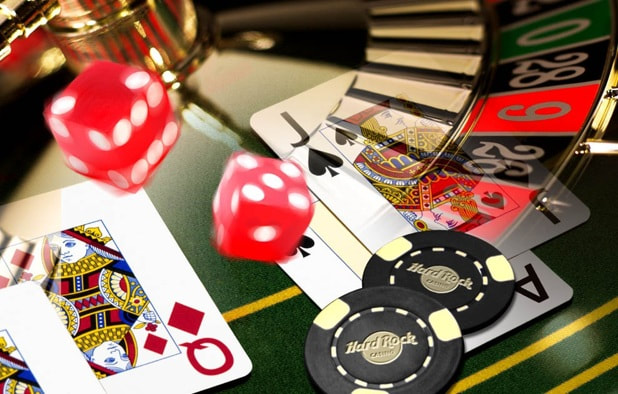
The term “Satta” has its origin from the 3rd most spoken language in the world, Hindi. Satta is a rustic term given to the act of gambling. The full name of this pristine game is known as Satta Matka.
It was a full-fledged lottery game or a gambling game that commenced in the 1950s just after India acquired independence. The game gained prodigious popularity & prominence in the country’s financial capital, Mumbai, & within a short span of time, became the most commonly played game among the inhabitants of the surrounding vicinity.
This is a total fortune-based game, where the chances of victory are 50%. The father & the founder of this game discovered erstwhile is said to be Kalyanji Bhagat. He is remembered & known even today by the affectionate name given to him, the “Matka King”.
The denomination “Satta King” is given to a person who has won humongous amounts of money from Matka gambling.
History of Satta-Matka
Kalyanji came to Mumbai in the year 1941. In the beginning, he had to indulge in below dignity jobs just in order to earn his daily bread. He worked as a spice seller, a vendor & also as a grocery store manager.
The idea of gambling came to Kalyanji’s cognizance in the 1960s, when he used to manage a grocery store in Mumbai’s Worli area. Initially, the game was based on the trading of cotton through their opening and closing rates in the market.
Initially, he operated from his residence, Vinod Mahal, situated in Worli. This gambit innovated by Kalyanji proved to be a savior for the impecunious who hardly had any resources to sustain life. Even a minuscule amount such as a rupee could be placed on a bet and the person stood a chance to win a hundred bucks.
Apart from Kalyanji, there were other founders and fathers of Satta-Matka as well, namely- Ratan Khatri, Suresh Bhagat (son of Kalyanji Bhagat), etc. The Matka business and betting game coined by Kalyanji is fervently played even today and is known as the Kalyan Matka.
Upon its contrivance, as a game or a practice meant for recreational purposes, it was originally named “Ankada Jugar”, which was later changed to Satta-Matka. A colossal upsurge was observed in the Matka business in the decade between 1980-1990.
The business almost had a turnover of about ₹500 crore per month, before the Mumbai police’s clampdown on the gambling practices. Gambling has been an illegal practice in India since the British government introduced the Public Gambling Act in 1867.
This maneuver of the Mumbai police led to a substantial decline in the gambling business and practices, and thus, the gamblers and the wagerers had to resort to other forms of gambling, in order to keep the gambling business functional.
Hence, they started betting on either cricket matches or selling lottery tickets. As the Matka business started flourishing in Mumbai, the central Bombay became a pivotal place for Matka gambling, and had the textile mill workers as their main partakers, as ample of textile mills had established in the vicinity.







